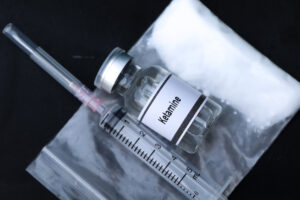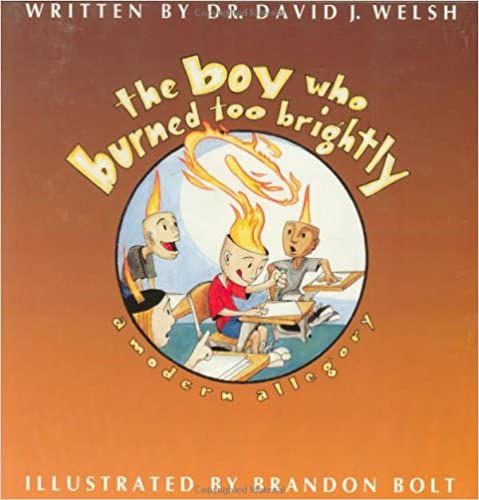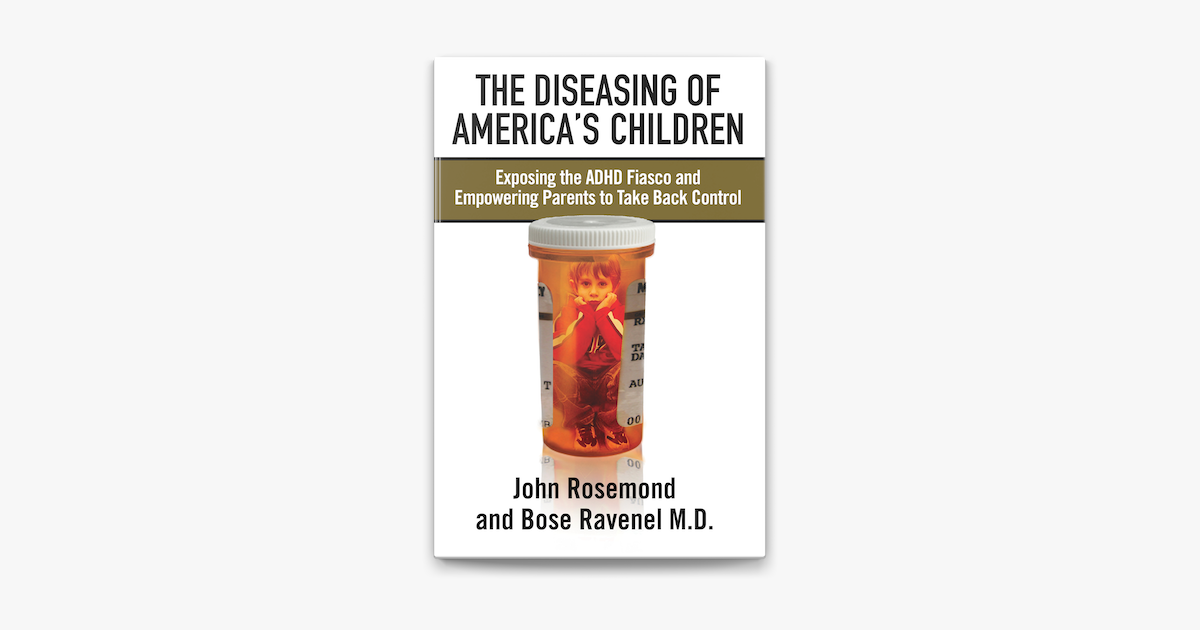The Connecticut Mirror ran an op-ed yesterday by Marcy Hoyland titled Detect mental health problems early to prevent violence, that reads like an infomercial for the American Psychiatric Association (APA).
While no one could fault Hoyland for caring about the emotional and behavioral problems of the nation’s youth, the solution recommended by Hoyland is to identify mental illness early in order to get treatment before things get worse.
Sounds good. But the problem is that identifying mental illness is completely subjective. There is not one psychiatric mental disorder that is based in science/medicine. There is no objective, confirmable abnormality that is a psychiatric disorder.
Hoyland suggests that “by identifying individuals with risk factors to chronic diseases, such as diabetes and heart disease, we can treat these people in a way to keep them healthy for as long as possible. The same is true of mental health care.” Actually, given that psychiatric diagnosing is subjective, it isn’t at all the same.
The fact is diabetes and heart disease are not diagnosed by the patient answering questions about their behavior. Unlike psychiatric diagnosing, medical tests are utilized to determine these actual medical conditions. There are no medical tests – urine or blood tests, MRI or CAT scans – used to diagnose mental disorders.
And, of course, the decades long theory of the alleged chemical imbalance remains just that…a theory. There is no test to determine the chemical levels in the brain, making it impossible to know whether the chemicals are in, or out, of balance or, for that matter, what “normal” levels may be.
Hoyland throws in a few interesting statistics to make her case for early detection, including the American Academy of Pediatrics (AAP) estimate that one in five children in the U.S. has a mental health “issue” and 70 percent of those individuals do not receive care. Sounds dire. But the reality is that the U.S. is diagnosing and drugging its youth at record speed.
Consider for moment a recent study by the Center for Disease Control and Prevention (CDC) that more than 11 percent of American school children now are diagnosed with ADHD, 7.5 percent of children ages 6-17 are being prescribed psychiatric mind-altering drugs for emotional and behavioral problems and “over the last two decades, the use of medication to treat mental health problems has increased substantially among all school-aged children.”
The fact is that mental health “treatment” in America primarily consists of the use of powerful mind-altering drugs. According to a study by IMS Health nearly 79 million Americans are taking at least one psychiatric drug, including nearly seven-and-a-half million children between the ages of 6 and 17.
The Food and Drug Administration (FDA) has placed “Black box” warnings on many of these psychiatric mind-altering drugs because the federal agency has concluded that the drugs may actually cause suicidality and the drug makers warn of violent behavior, mania, psychosis and a host of other serious behavioral adverse reactions.
One can only assume that Hoyland was not aware of these data and, perhaps, is why she advocates that schools should have people who are trained to subjectively diagnose mental illness so they can identify your child and get them the “treatment” they need.
This is a frightening thought. One cannot help but envision these suggested “trained” mental health “people” stalking the halls of the nation’s schools eagerly looking for “abnormal” behaviors that can be “treated.”
Even more frightening is Hoyland’s support of Congressional legislation that would “provide access to school-based comprehensive mental health programs.” In other words, more mental health diagnosing and more drugs for the nation’s youth.
Of course the bigger question is what rights do parents have once these school mental health guesters “identify” the child’s mental health problem? Hoyland appears to assume that parents will be thrilled to get the psychiatric “help” they’re told their child needs. That isn’t necessarily so and the case of Justina Pelletier, being held hostage by Boston Children’s Hospital, is a perfect example of how parents can lose their rights once psychiatry makes a subjective diagnosis.
U.S. Representative Steve Stockman (R-TX) introduced legislation, H.R. 4518, The Parental Protection Act, that will address these issues, cutting off funds to medical institutions that conduct greater than minimal risk research on wards of the state, deny First Amendment rights to parents and wards of the state, and take children away from parents over disagreements on subjective diagnoses. As Ablechild’s mission is about informed consent, we wholeheartedly support this legislation.
Furthermore, while Hoyland is advocating for increased mental health in the nation’s schools, one cannot help but ask why isn’t anyone getting better? Will the mental health community not be satisfied until every American is diagnosed with a mental disorder and drugged?
The recent stabbing in Milford, Ct., may be a good example of mental health’s “treatment” success. News reports state that the alleged suspect “had ADHD and other mental issues…he took strong medicine for it and other things, too.”
Having specific information about the psychiatric drugs this teenager had been prescribed would be helpful in trying to understand the violent behavior, especially given the FDA’s “Black box” warnings on most of the psychiatric drugs.
Hoyland begins the op-ed with a reference to the ever-increasing number of school shootings in America, then suggests the reason for the problem is the lack of mental health treatment among the nation’s school-age children, yet fails to even address the connection between the prescribed psychiatric drugs and violence.
If Hoyland is really concerned about finding an answer to the increased number of violent acts, isn’t it time to consider that there may actually be a problem with the mental health “treatment” being provided?




